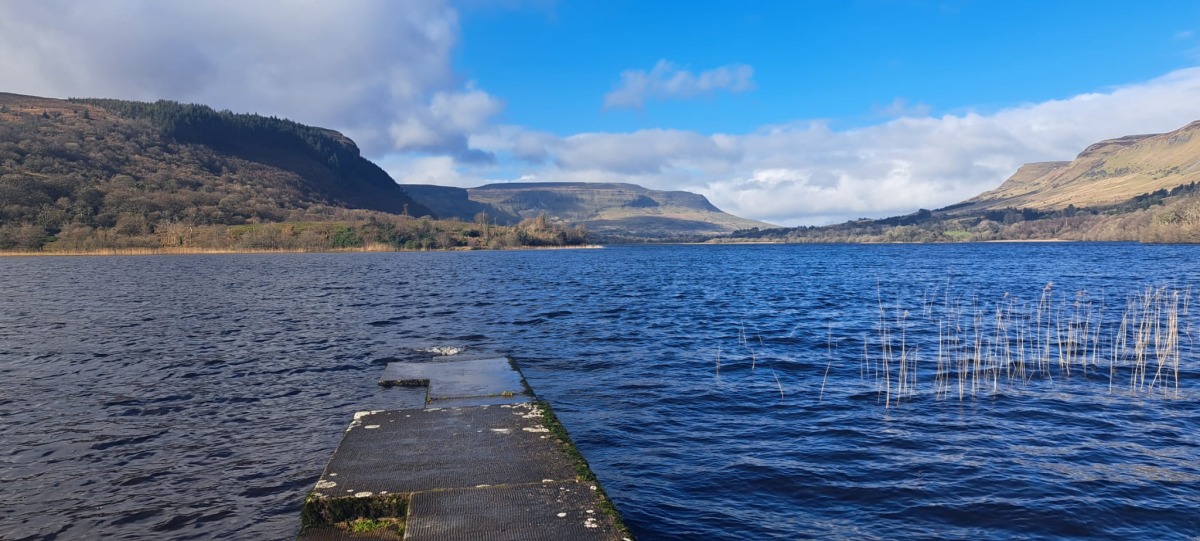Long ago I read a wry assertion that local government in Ireland is ‘central government locally organised’. The writer lamented that local authorities, especially county councils, have limited financial and other powers to provide local services and depend heavily on the financial largesse of central funds allocated by different government departments. It is different in other parts of continental Europe, where local administrations can garner money by levying local taxes and other charges on residents.
In Ireland, councils have to go cap in hand trying to squeeze more money for repairing country roads, bridges and to provide access to historic sites. When it comes to local election campaigns one candidate can say ‘vote for me and I’ll get the rickety stone bridge repaired’, while another in a different townland will promise to fix the potholed road to Ballyhoo. If it is a seaside county, hopeful candidates may focus on a sea erosion or a fishing pier requiring urgent attention.
County council electoral areas are divided into wards and these wards are divided into clusters of townlands allied to towns, villages and parishes. Ah yes, parishes. Too many county councillors are parochial in outlook and activity. They sit on county committees of various kinds, but their constant gaze is on minute details affecting their own electoral base.
Another limiting factor is that no county stands alone. The issues facing people in one county also engage the minds of people in adjacent counties. And the issues spread out into regions and provinces. The regional aspect is acknowledged when a group of county councils agree to co-operate on attracting tourists. Sligo-Leitrim-Donegal tourism is a case in point. The successful national promotion of the Wild Atlantic Way – whoever coined the term deserves to be honoured on a postage stamp – has indeed brought domestic and foreign tourists to the region, but there are problems with accommodation during the high season.
Moreover, while the wild jagged coastline of Donegal enthralls visitors from France and Italy, who cherish fish landed at Killybegs from waters not affected by nuclear power plants, not all county councillors are so enthused; representatives of inland areas hope the Atlantic tourers deviate inland and explore the rolling hills and pristine lakes, and the recreational activities these areas offer.

Lough Glenade, County Leitrim.
I know of one councillor, an owner of a pub serving good grub with live music on the weekends, who at his own expense printed brochures with a special map indicating routes for motorists and cyclists around the ward in which he is a public representative.
My view is that elected councillors from neighbouring counties should meet formally at least twice a year to look at the overall regional picture and to consider concerted action on particular issues. Common concerns about infrastructure, social housing, waste disposal, potable water sources and environmental conservation need regional and provincial focus.
Having Individual councils seek extra money for roads or piped water supplies is a recipe for loud speeches in council chambers. Bombastic councillors love these scenarios. They pound on the table to get their mugshots in the local papers.
Such public figures like to pretend that they have a hot phone link to the relevant cabinet ministers. Civil servants in Dublin strengthen this impression by sending copies of new money allocations to T.D.s and councillors affiliated to the party in power. This allows T.D.s and councillors ‘to welcome the announcement by the Minister’. Waving magic wands and claiming special influence with central government is a game of smoke and mirrors.
My plea to county councillors is: Think Regional and act Local.
Feature Image: RUN 4 FFWPU




